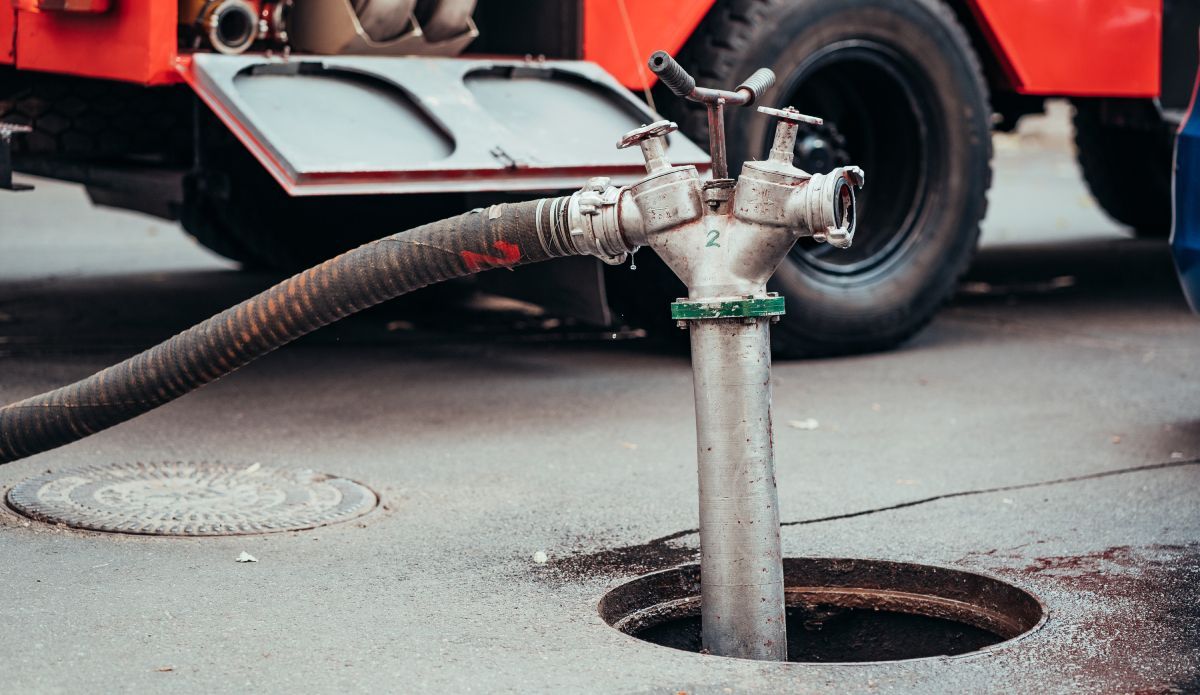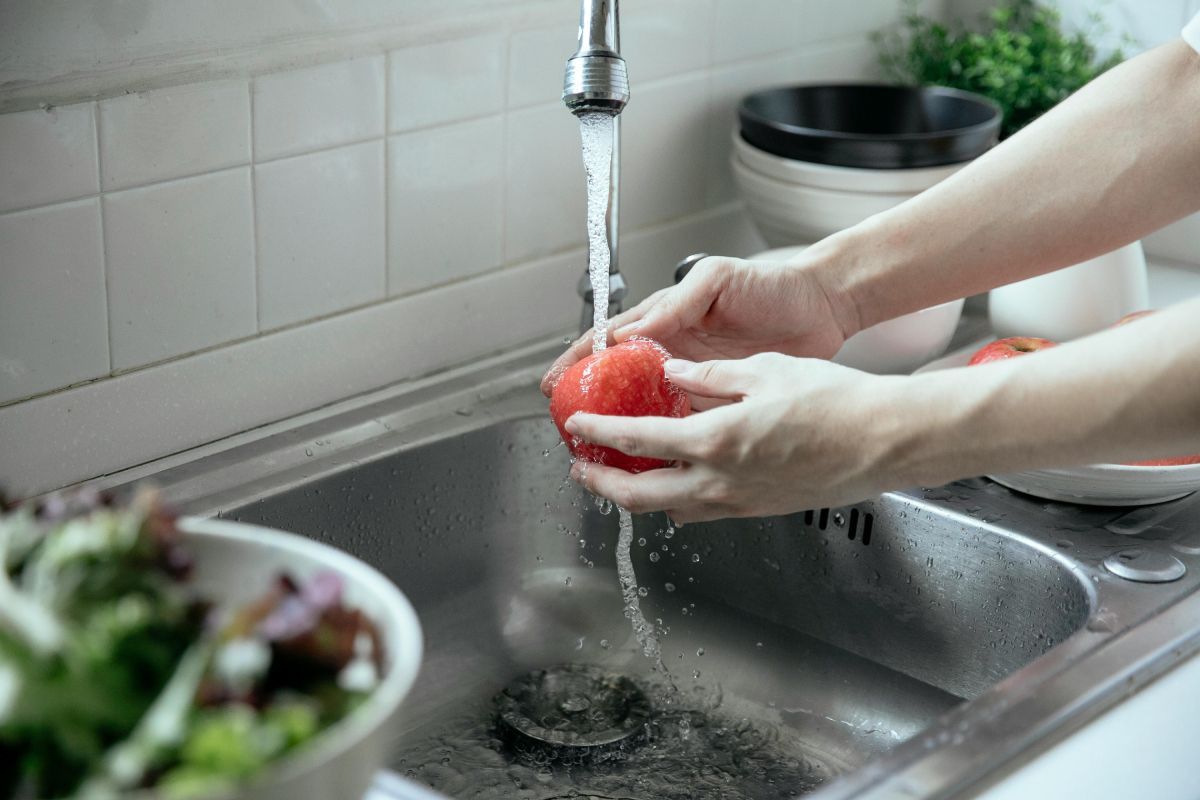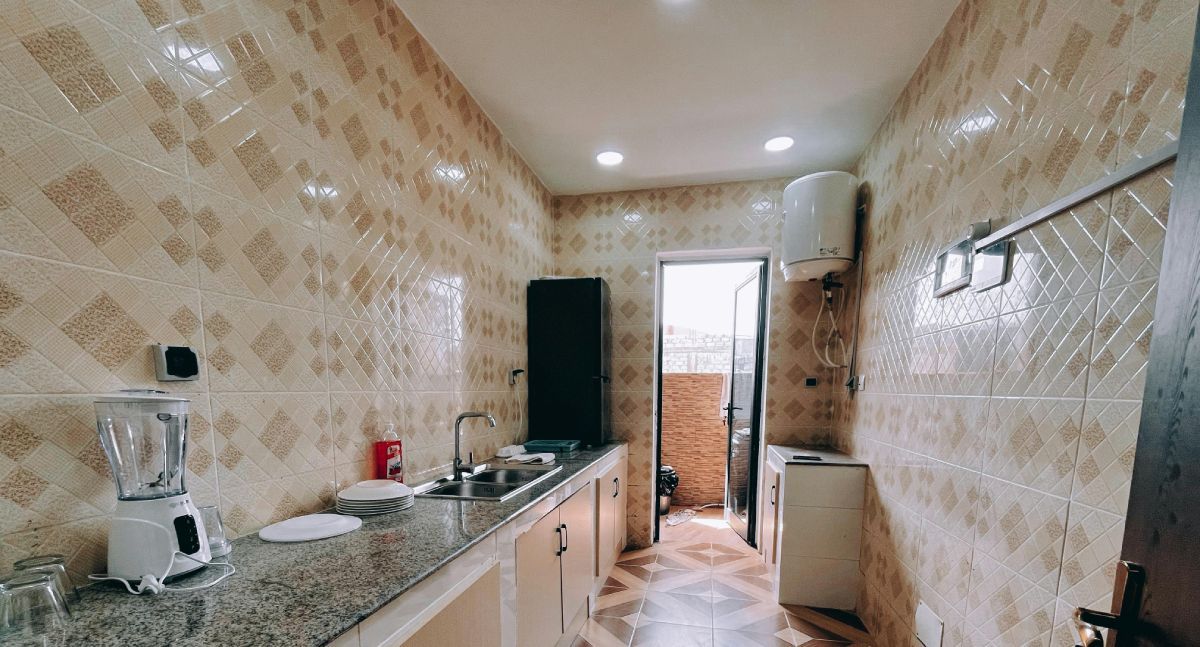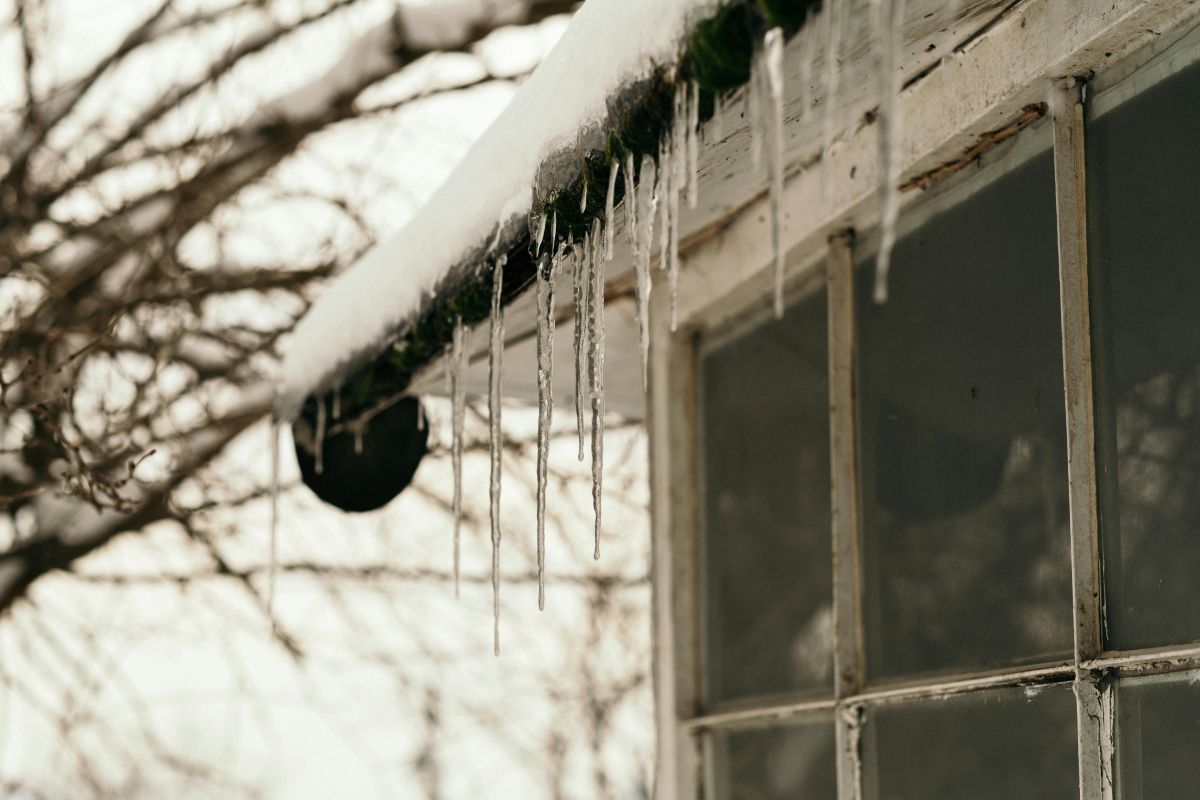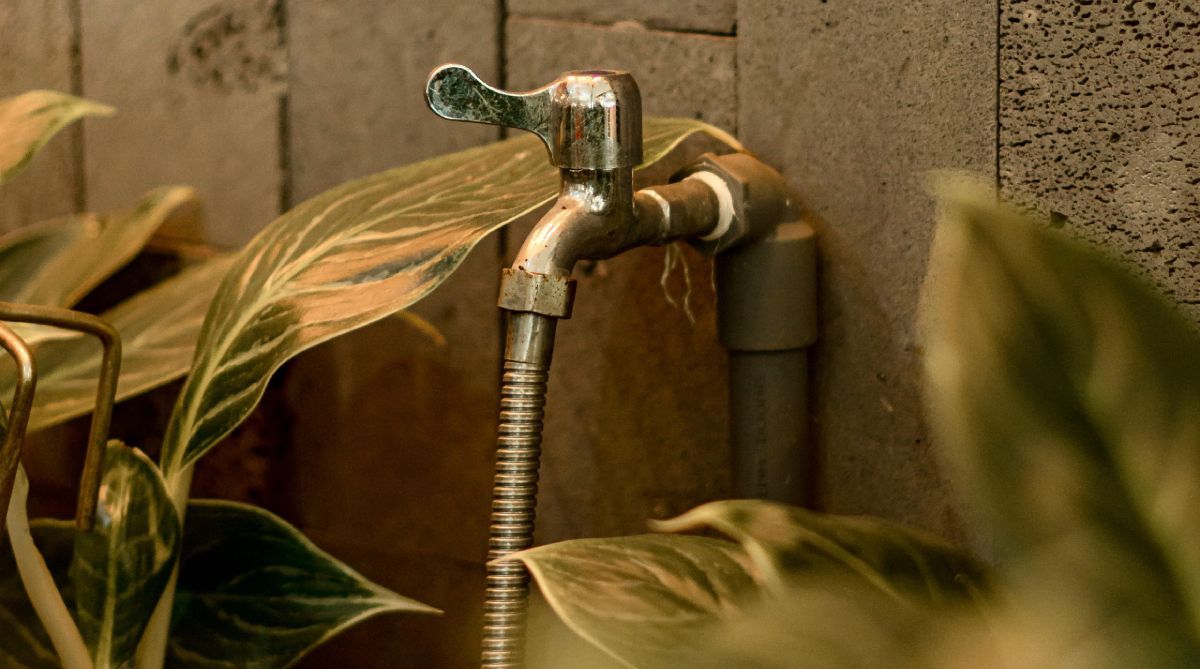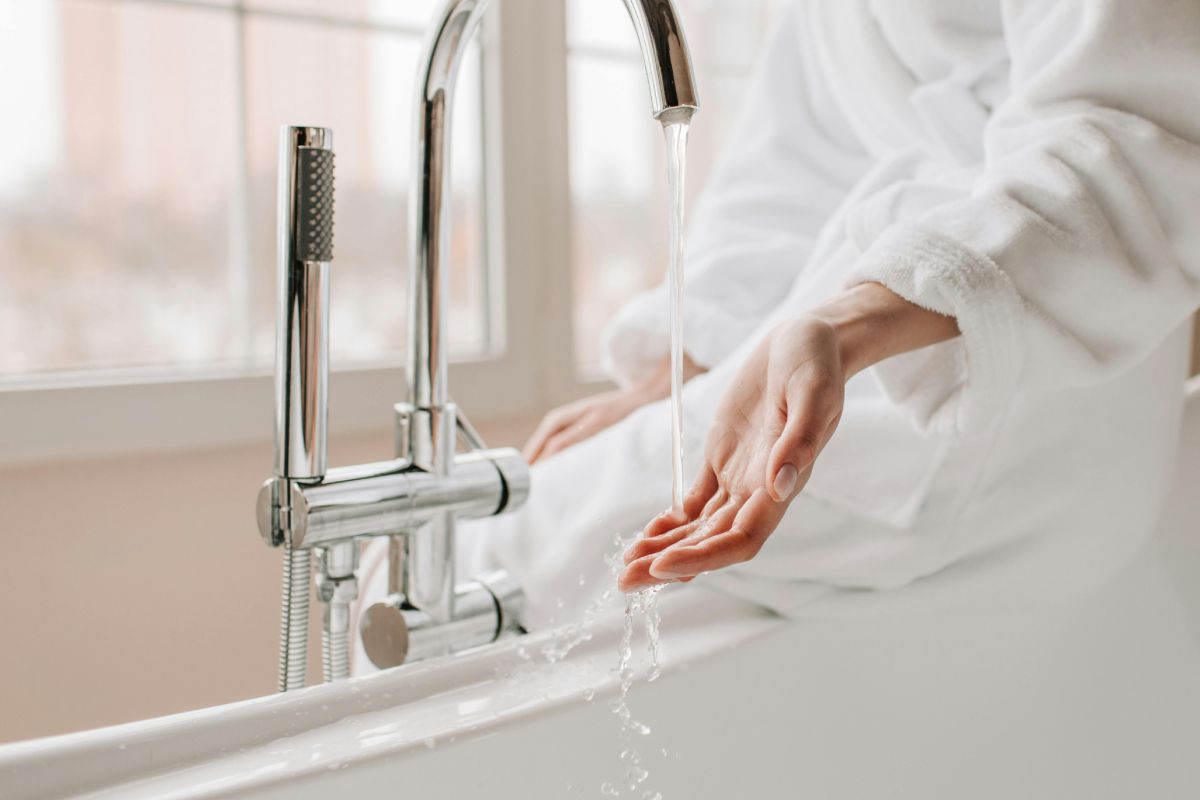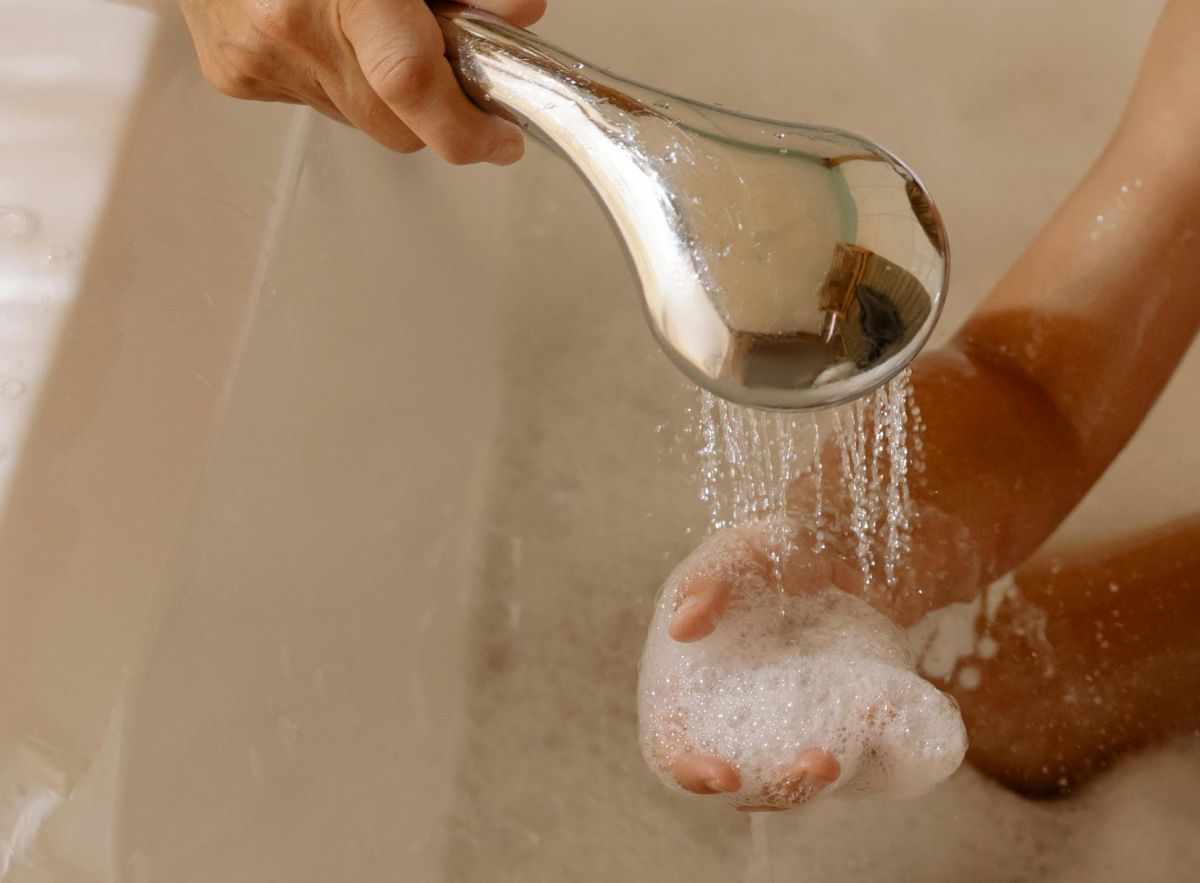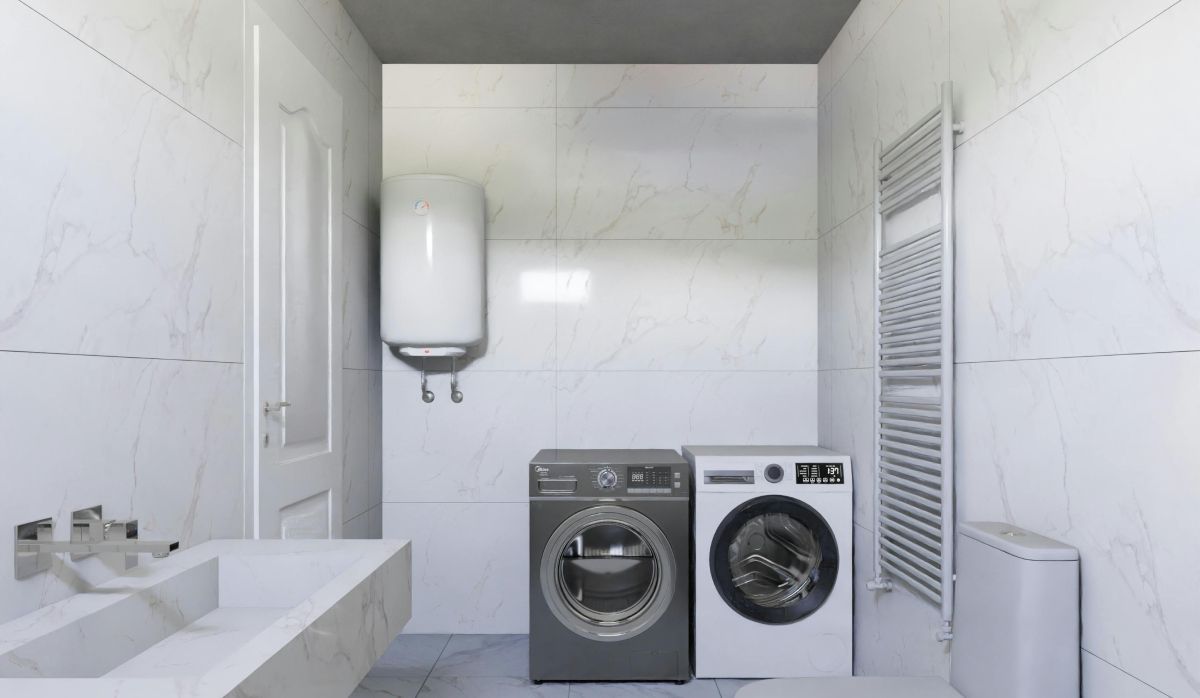Master Plumbers Blog
11 Useful Plumbing Tools You Should Have at Home
Plumbing issues can happen to anyone. As homeowners, you will inevitably experience the same. Despite being the least handy person, you should still have a few pieces of equipment available whenever an emergency plumbing issue arises.
However, a home's plumbing is more complicated due to specialised tools required for different purposes. But before reaching out for the phone and dialling your local plumber, assess the situation and determine if it is something you can handle on your own.
Keeping that in mind, here is a list of plumber tools you should have at home. Although they cannot suffice for the expertise of a
professional plumber, these tools can be helpful for minor fixes.
1. Plunger
A plunger is an indispensable and affordable tool that every homeowner should have. There are various ways to use the plunger, so feel free to spend a few extra dollars and buy one of higher quality.
Plungers are very useful for removing clogs in toilets and shower drains. It is arguably one of the most important weapons a professional plumber owns. You can use a plunger for your sink, as well.
Learn to differentiate between a sink plunger and a toilet plunger. A sink plunger looks like a ball cut in half, whereas a toilet plunger looks more like a trash can cover.
2. Adjustable Wrench
Adjustable wrenches can be adjusted based on the grip size to fit various ranges of fittings and lock the jaw in place, preventing it from slipping.
Your plumbing system has several nuts and bolts; you could easily confuse one with the other. An adjustable wrench is an ideal plumbing tool for dealing with hexagonal-shaped nuts, supply lines, and compression fittings.
You can choose between a 6-inch or 10-inch adjustable wrench for greater flexibility. If you have cramped spaces, especially under the kitchen sink bench, a 6-inch wrench is the better choice, and a 10-inch wrench is best if you need more significant reach.
3. Pipe Wrench
This plumbing tool is more extensive and heavier than the adjustable wrench. Your pipe wrench is used to provide you with leverage and grip. Keep two pipes in your plumbing tool kit: one for turning the nut and the other to hold the pipe.
Do not utilise a pipe wrench to remove shiny fixtures or small, fragile pipes because it leaves behind teeth marks. Cover the jaw with a cloth to protect your fixtures if you badly need one.
Your pipe wrenches are best used for galvanised steel and iron pipes and on heavy-duty fixtures with rough finishes. This pipe is not intended for hardened steel hex nuts or other fittings that could ruin the head.
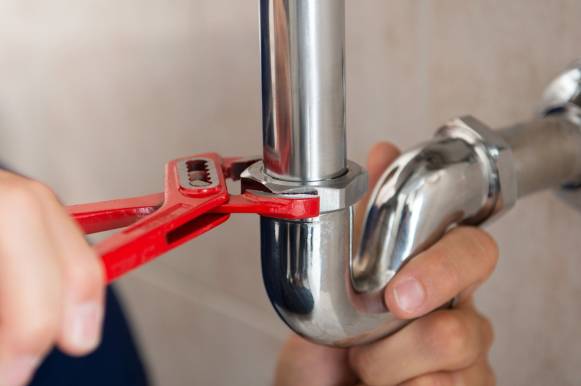
4. Basin Wrench
A basin wrench can assist you if you work with confined spaces and hard-to-reach fasteners. Sink faucets are held in place by specific types of nuts, and a basin wrench or sink wrench is the perfect stand-alone weapon for dealing with your sink.
The swivel jaw of your basin wrench and its lengthy shaft can reach into the narrow space behind the sink and grip the nuts.
5. Hand Auger
Hand augers are used to unclog the drain and remove blockages to drain the pipe. It is the next best thing if your plunger does not remove the clog or blockage.
The hand crank can assist you as you push the metal wire through the drain. It is typically a 25-foot-long flexible steel cable that you can use for pipes in your sink, showers, tubs, drain lines and toilets.
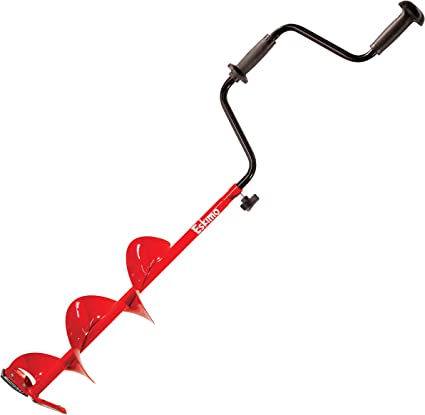
6. Plumber's Tape
Over time some of your plumbing accessories, such as your fitting screws, can get worn down, and they can no longer maintain on to your pipes as tight as they used to, and you are faced with the possibility of a water leak.
Use the plumber's tape and wrap it around the affected area to seal any gaps and prevent leaks. You can use plumber's or Teflon tape, essential to seal threaded plumbing connections. If you do not have any plumber's tape hand and are experiencing a plumbing emergency, you can also use standard duct tape.
Plumber's tape is a temporary fix, so you may still need to call for help or work on a permanent solution. It is a flimsy white tape that you can wrap around threads on pipes and fittings before parts are twisted together. It can provide lubrication to fit the thread and promote longevity smoothly.
7.Tongue-and-Groove Pliers
Do you have difficulty grabbing something small with your fingers? The best way to aid you is using pliers.
Your pliers are also ideal for several DIY projects, so your use of the tool is not only limited to plumbing purposes. You can choose various options for your pliers and look for one with a small pair of serrated jaws to allow a better grip.
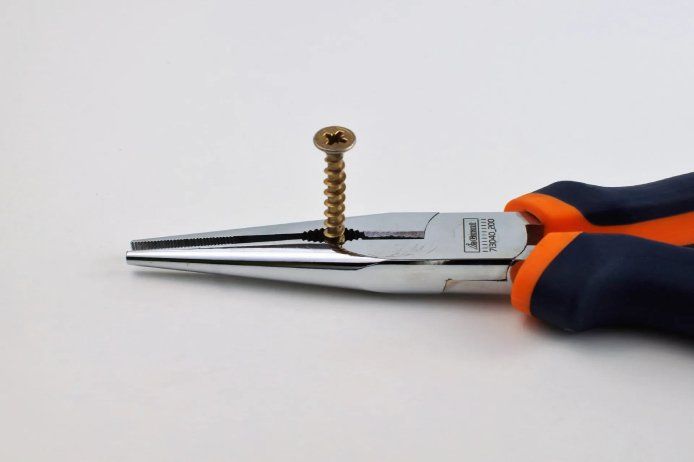
8. Hacksaw
You may encounter instances requiring you to cut through metal or plastic pipes. A hacksaw is a tool you should use for the job, and it can also cut through bolts, nuts, and other hardware items.
Always keep the blade sharp as you saw to make smooth, easy cuts. Have extra blades on hand to replace your hacksaw's blade if it becomes dull or suddenly breaks. When dealing with tight spots, you can take a cloth, create a handle, and wrap it on one end of the loose blade.
9. Tubing Cutter
Copper is a typical material in plumbing, and with the number of plumbing emergencies you might encounter, a tubing cutter or pipe cutter will come in handy. The tool is specifically designed to cut through copper pipes, and it comes in different sizes that you can choose from.
When dealing with tight spaces, you should use a close-quarter mini-cutter. At the same time, a standard-size tubing cutter is perfect for any standard copper pipe cutting that you need to do.
Your tubing cutter should have a thin cutting wheel that can cut the metal and flat pressure wheel that you can use to apply pressure when you turn the tool's knob.
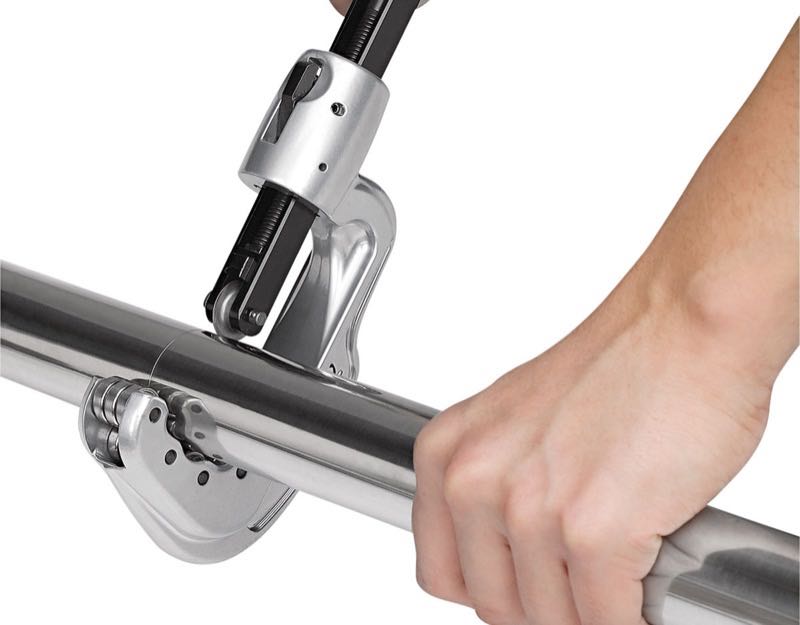
10. Metal File
Once you cut your pipes and other hardware, you can use a metal file to smoothen any rough or sharp edges. Filing any sharp edges prevents you and your loved ones from running into the risk of cutting yourself unexpectedly.
Metal files also come in varied sizes but make sure to have a half-round file and a tapered round rat-tail file on hand. You can use these files for different household plumbing works. The half-round file can be used for flat and rounded surfaces, whereas the tapered, rat-tail file is suitable for filling holes and concave surfaces.
11. Plumbing Snake
Use a plumbing snake in lieu of your plunger when it cannot get the job done for you. A plumbing snake is another handy tool, especially during emergencies. If your plunger cannot dislodge the blockage in your pipes, a plumbing snake will work magic to unclog the drains.
You can insert the metal coil end of this tool down the pipes. Make twists and turns as you push back the blockage until the snake can access the clog and let you pull it out.
As a homeowner, you should always equip yourself with essential tools to handle minor plumbing problems.
Enlisting the help of a professional plumber is good, but sometimes there are minor inconveniences that you can do on your own.
Check this related article out:
DIY or Hiring A Professional: Which One’s For You


